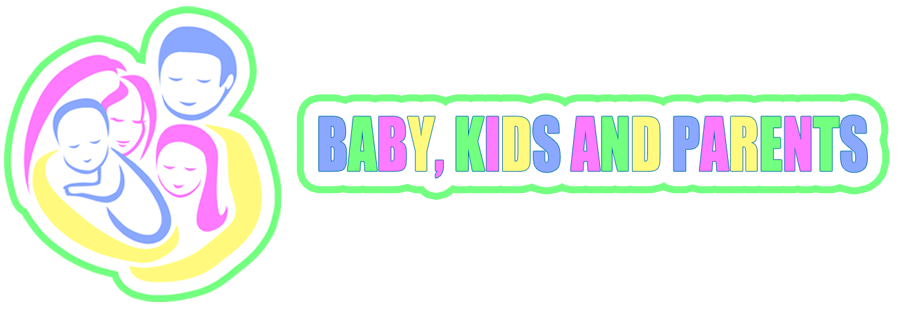Hyperglycemia or high blood pressure is a medical condition where there is excess of glucose in the bloodstream. There are early signs that can show that the levels of the blood sugar are elevated. Some of them are experiencing stomach issues, gaining weight and constant feeling of hunger. Even a healthy person can experience blood sugar level spikes when they consume foods like cakes, candy or sodas.
If the levels of the blood sugar stay high for longer period of time, it may lead to diabetes or other serious issue. To take precautions in time, you should be familiar with the symptoms and to recognize them. It will help you manage to get it under control. There are many different factors that can contribute to hyperglycemia symptoms and the most common are some health conditions, use of certain medications, stress, poor diet and lack of regular exercise.
It is said by the experts that having hyperglycemia doesn’t mean that a person has diabetes. The high blood pressure is one of the symptoms of diabetes. A person who experiences high blood pressure (hyperglycemia) might have no symptoms at all. However, the most common symptoms are recurrent infections, stomach problems, nerve problems, excess abdominal fat, weight gain, difficulty concentrating, slow healing of wounds and cuts, frequent urination, urination during the night, extreme tiredness, daily fatigue, always being hungry, dry and itchy skin, increased thirst, blurred vision and dry mouth.
The GI (Glycemic Index) is a system that ranks the foods on scale from one to hundred, based on the effects on the levels of blood sugar. It measures the carbohydrates based on the glycemic response rate. It shows which foods raise the levels of the blood sugar. The higher values of the scale are assigned to the food that raises the levels of blood sugar.
High GI foods are rapidly digested and the foods with low GI are slowly digested. It is explained by the medical experts that we should consume foods low in GI because they have many health benefits and they reduce the levels of insulin and the insulin resistance and prevent the symptoms of high blood sugar.
Source http://www.naturalhealthyteam.com
All content on this Web site, including medical opinion and any other health-related information, is for informational purposes only and should not be considered to be a specific diagnosis or treatment plan for any individual situation. Use of this site and the information contained herein does not create a doctor-patient relationship. Always seek the direct advice of your own doctor in connection with any questions or issues you may have regarding your own health or the health of others.

.JPG)
